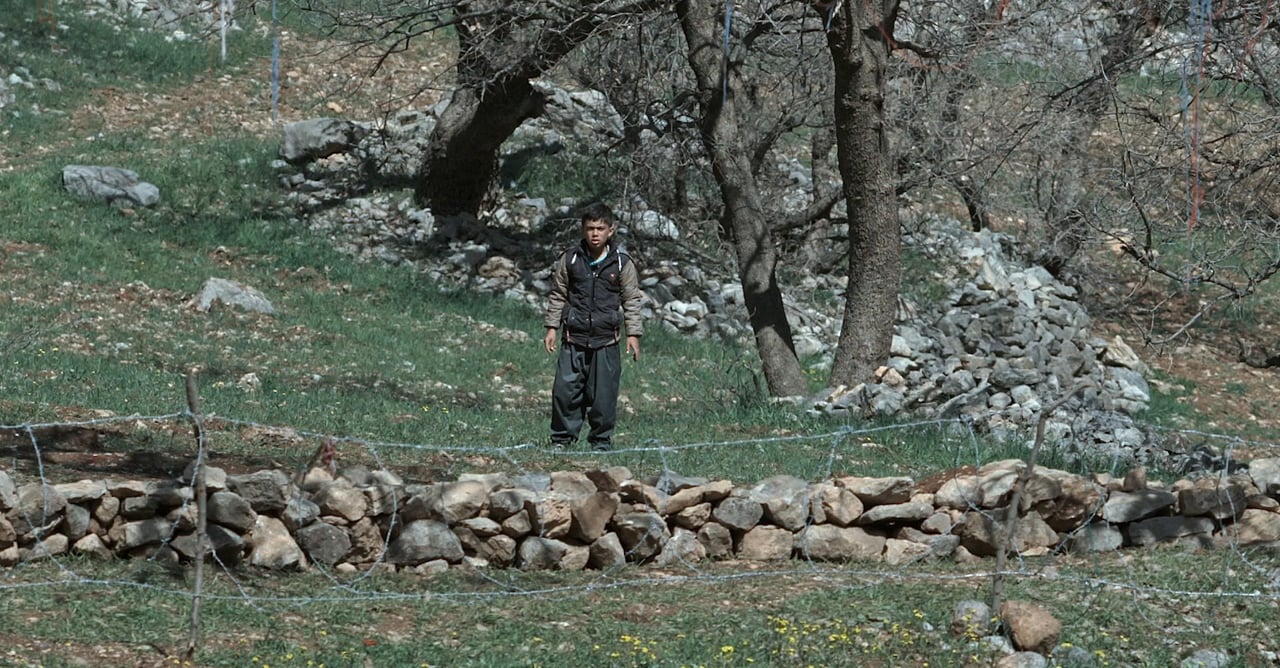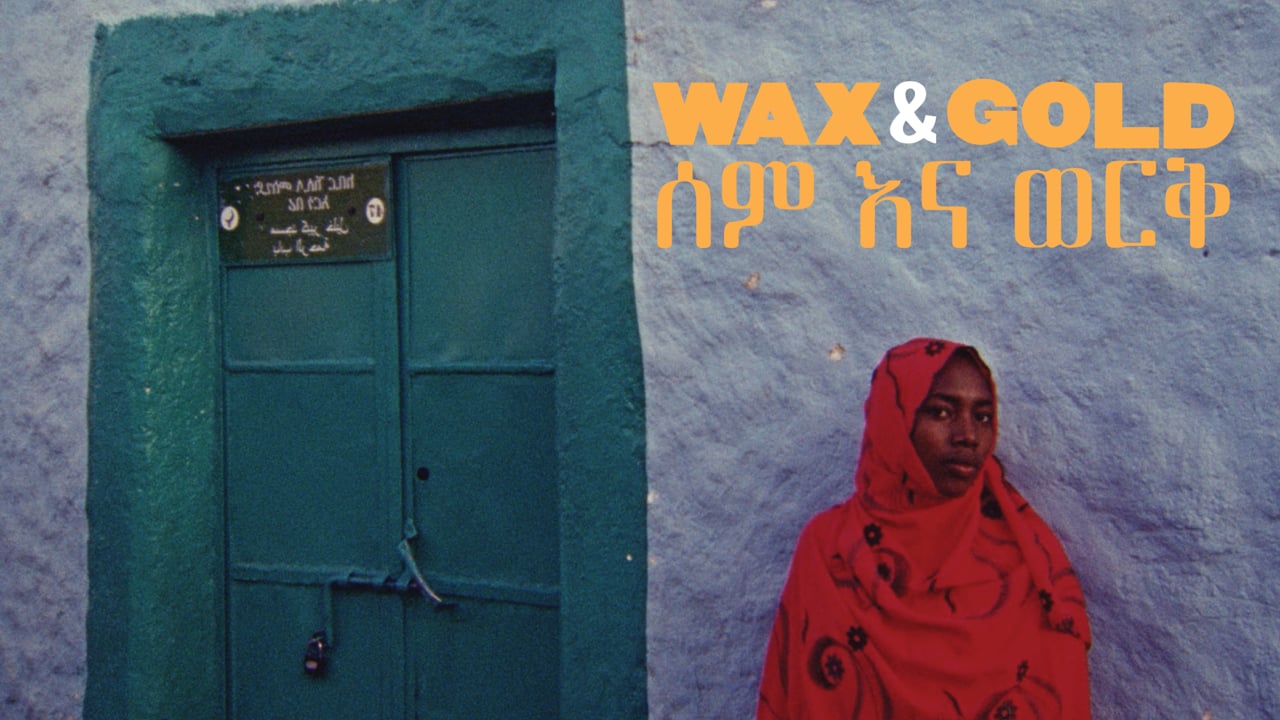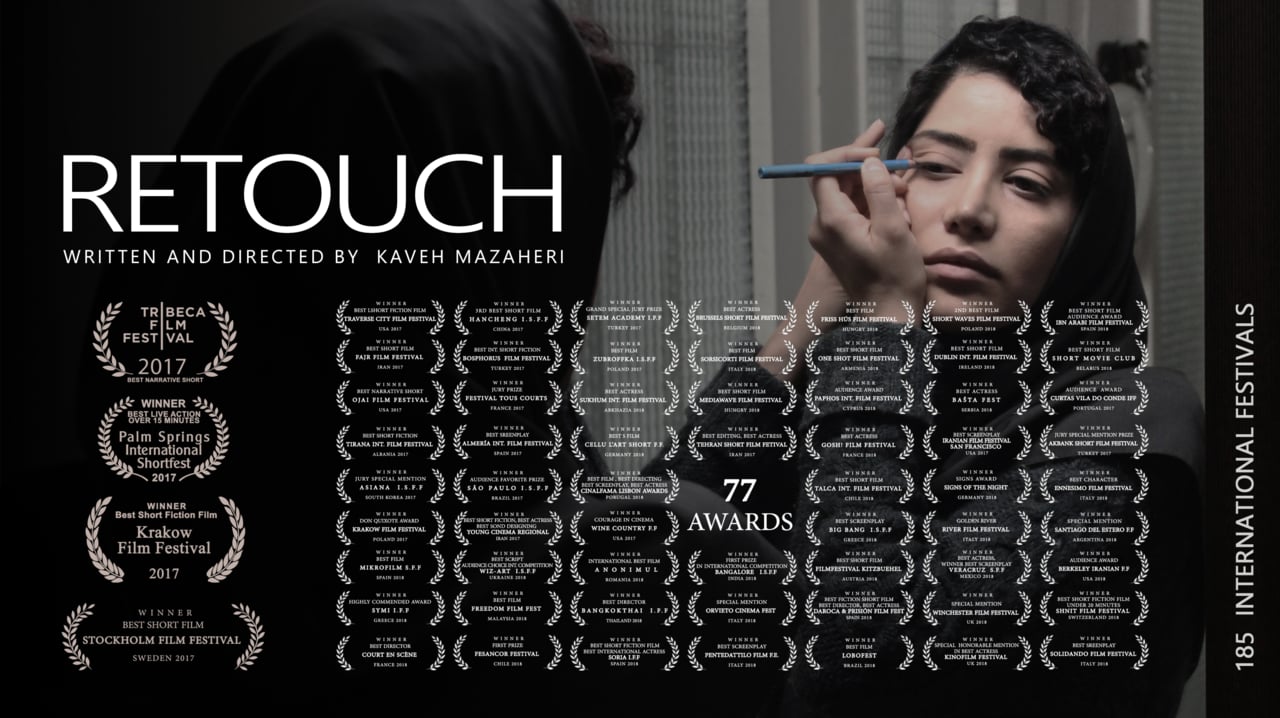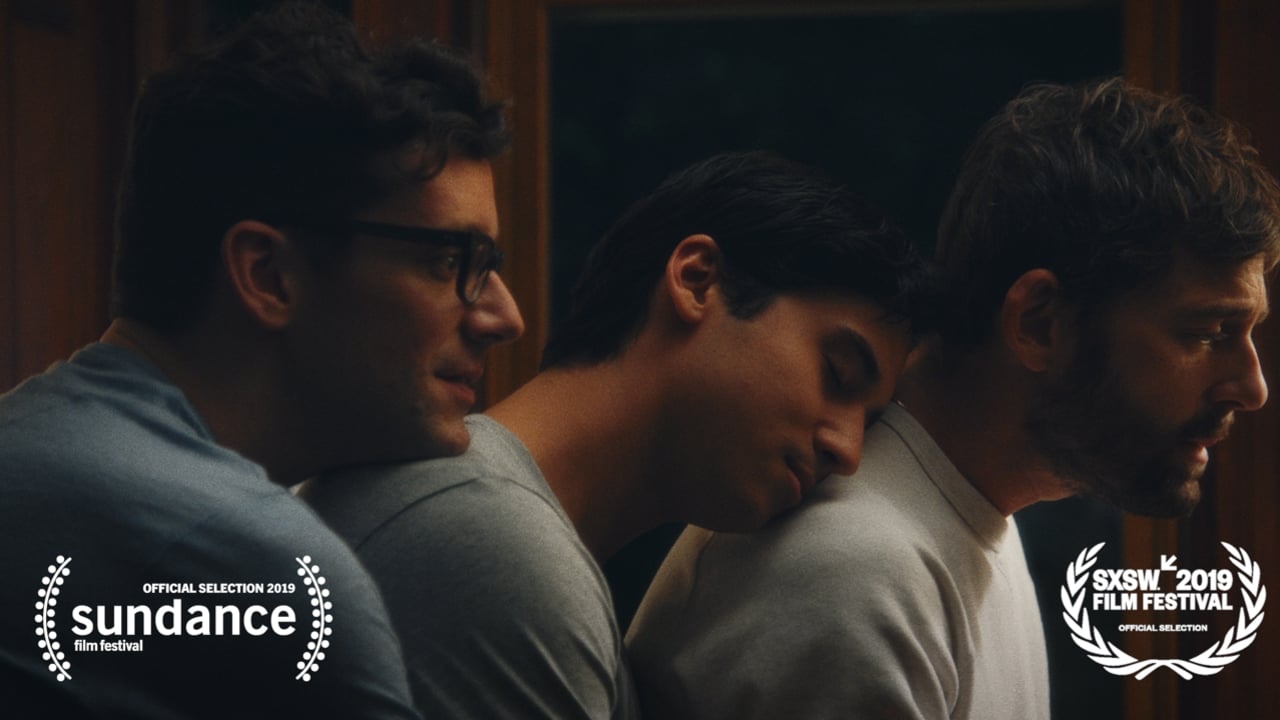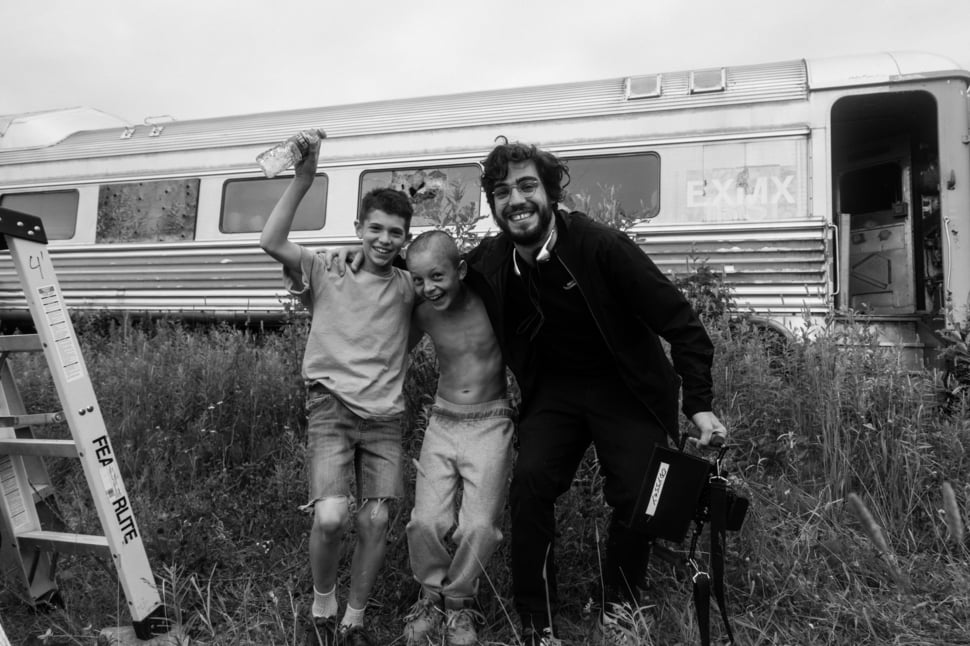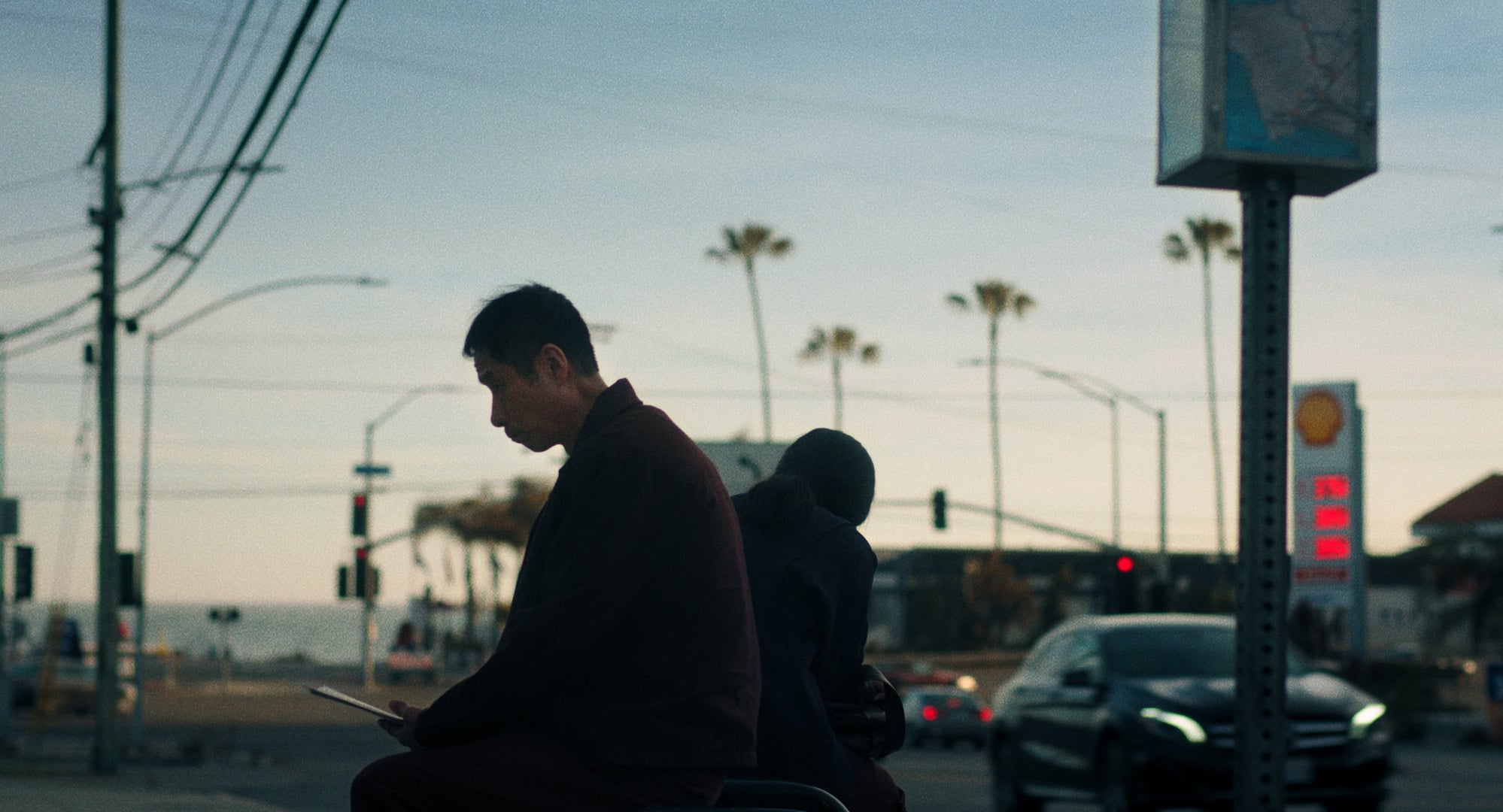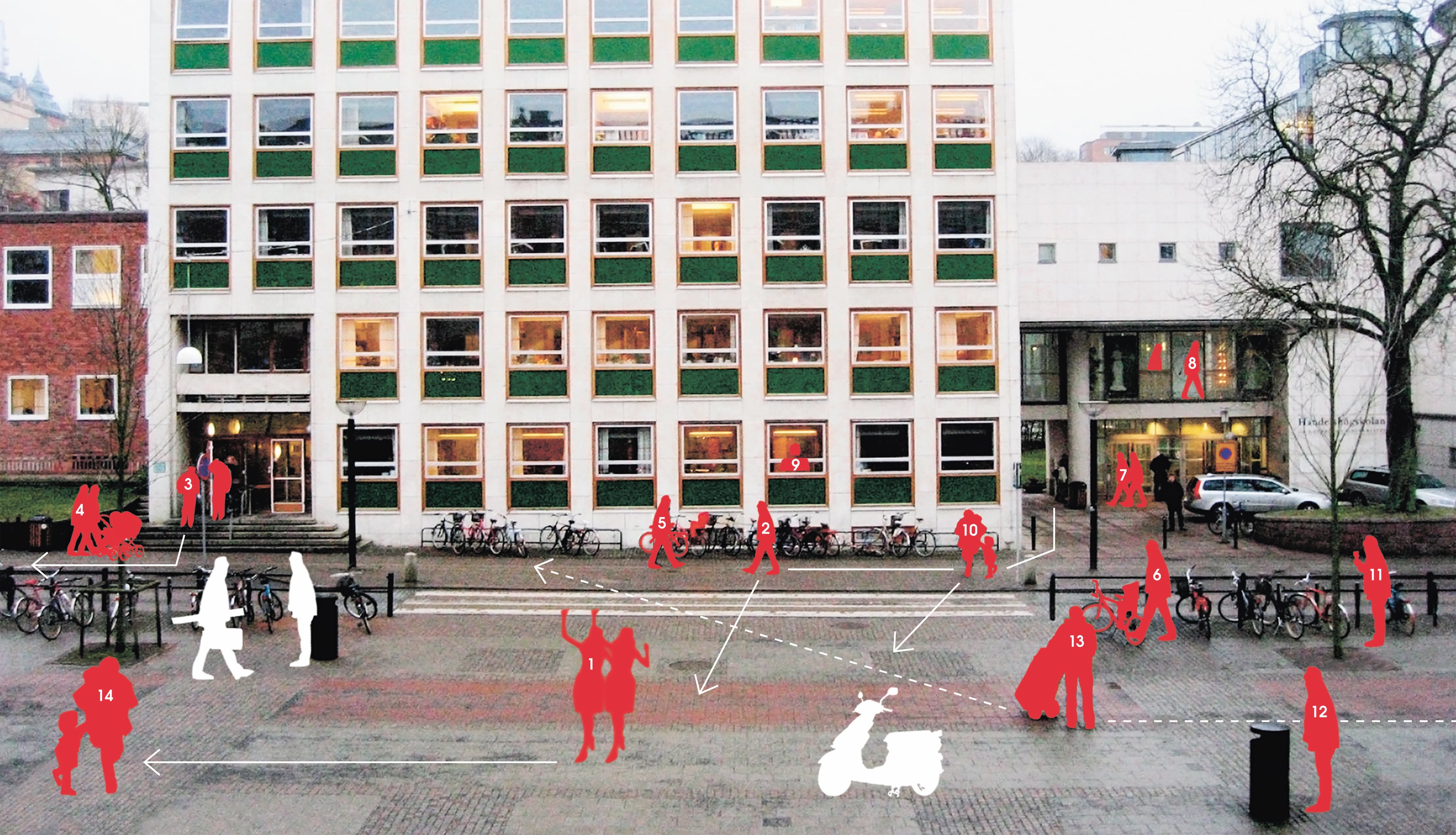This week’s Staff Pick Premiere, “The Orphan” from writer and director Carolina Markowicz, explores the darker side of adoption, identity, and belonging. In the film, the titular orphan Jonathas is a young Brazilian boy who’s been adopted and returned multiple times. Now one of the older kids in the orphanage, Jonathas struggles with how he should act in order to be adopted — and accepted.
Inspired by true events, Markowicz creates a vivid portrait of how one’s burgeoning sexuality can threaten the construction of a cis-family unit. With “The Orphan,” she crafts a fascinating expression of gender fluidity through stunning cinematography and natural performances. In the end, she also shows that it’s what’s in someone’s heart that’s most important.
After a remarkable festival run, including a debut and Queer Palm win at Cannes Film Festival, “The Orphan” is now available online exclusively on Vimeo. Prior to the film’s release, we reached out to director Carolina Markowicz for details on how it came to be. Read on for excerpts from our conversation.
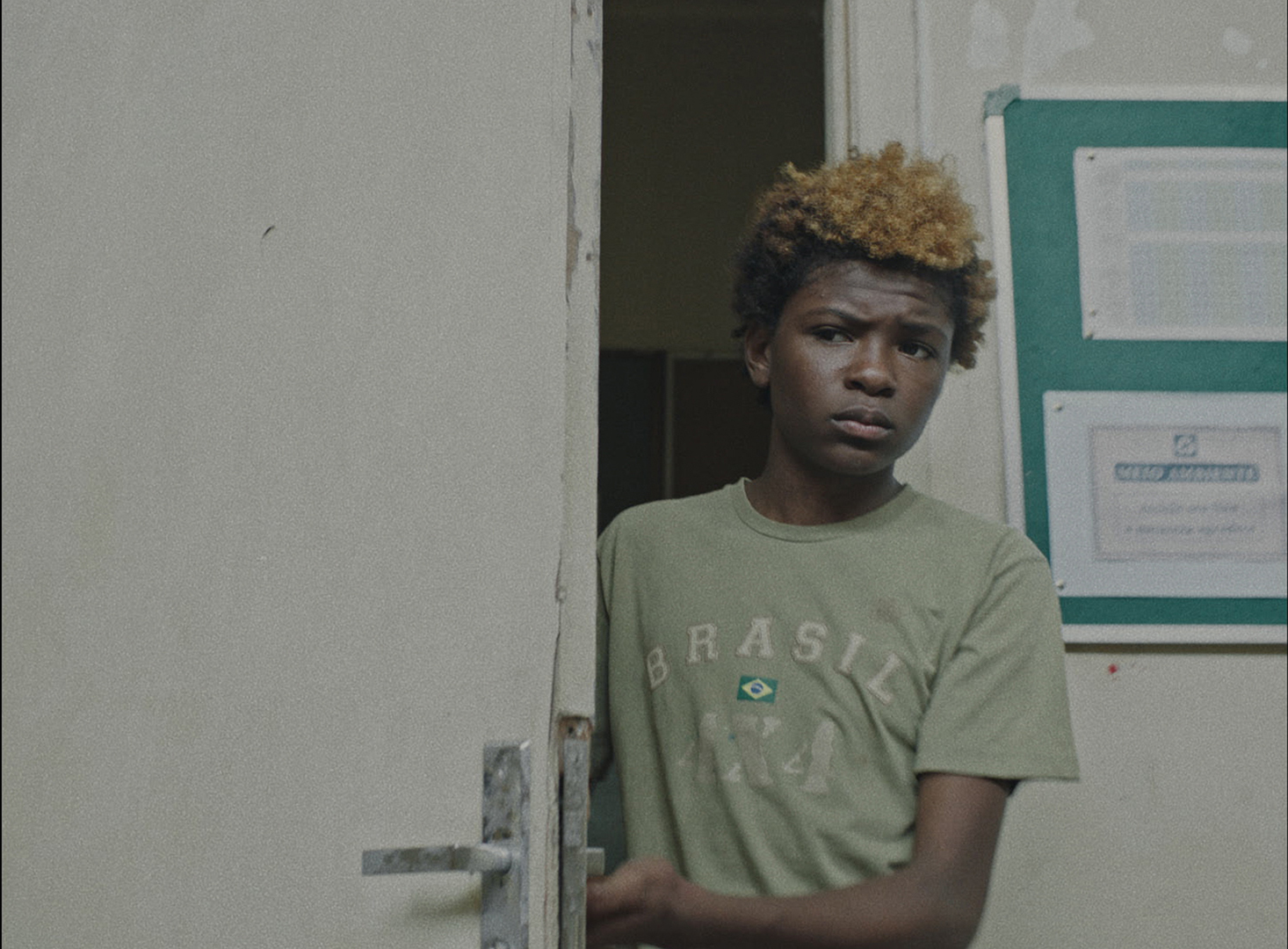
On the inspiration for “The Orphan”:
“I have a friend who used to be a social worker. She mentioned that there were many cases of kids who were adopted but then returned to the institution where she worked. Some of them were returned twice, even three times. This moved me a lot. I had a chance to meet one of those kids, who’s in his 20s nowadays and is openly gay. When we met, I asked him if he thought his rejection had anything to do with his sexuality. He said that while nobody told him directly, deep down, he thought so.”
On aiming to tell a relatable story:
“In making this film, I was hoping that people would be able to see themselves on both sides. I wanted to shine a light on what society expects from us, and how cruel those expectations can be to our own true nature. In Jonathas’ case, he’s apart from his biological family and he lacks the perspective of someone who accepts him as he is. My intention was to show struggles that anyone could face in seeking belonging and love, but at its highest level.”
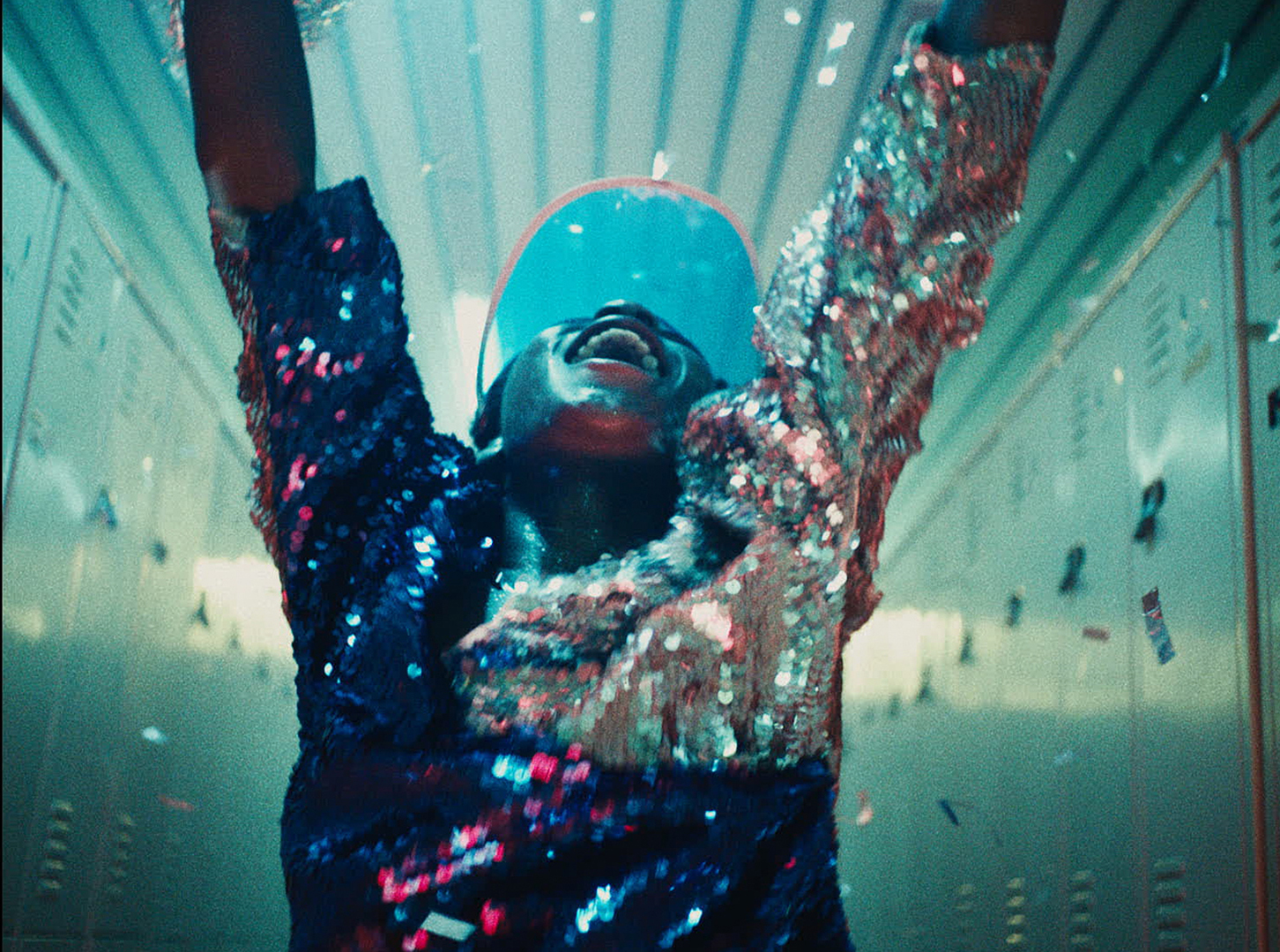
On developing the film’s visual language:
“We wanted the film to be raw, but then stylish and dreamy in some moments (like the main character). The idea was to have all the camera work following the actors’ movements — never the opposite, and never blocking anything because of the production design or other crafts.”
On challenges:
“Even though I absolutely love working with kids, you have to find the right way to work with them. It’s not easy to make it feel natural. I wanted the boy to have this powerful and sarcastic energy; it was challenging to find the exact tone in such a sad story. I was always wondering if it was too risky.”
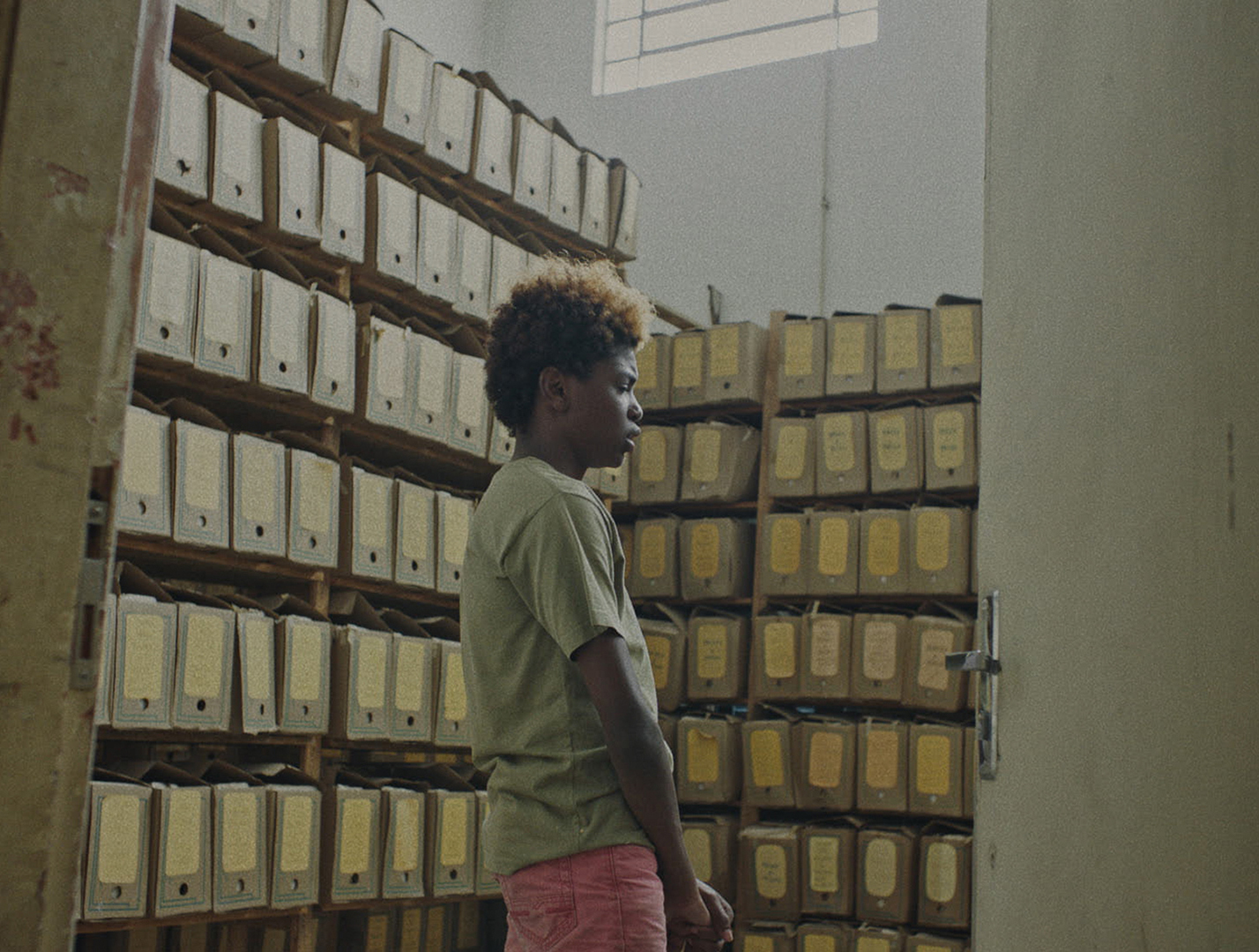
On advice to young filmmakers:
“Stick to your heart and your vision no matter what. Even if you have to adapt it because of time or budget, never forget the voice inside of you.”
On what’s next:
“I have two feature projects coming up: ‘Toll’ and ‘When My Life Was My Life.’ They’re very different stories, but both are dramas told with dark humor. I was supposed to shoot one of them in 2018, but Brazil is facing hard times in terms of film financing — among many other issues affecting freedom and art. Fortunately, a couple weeks ago I got good news about both projects; I’ll probably be shooting sometime next year.”

